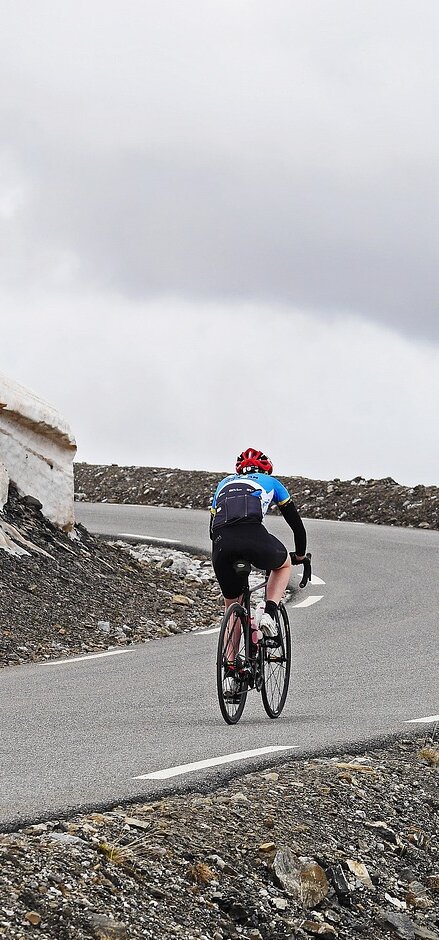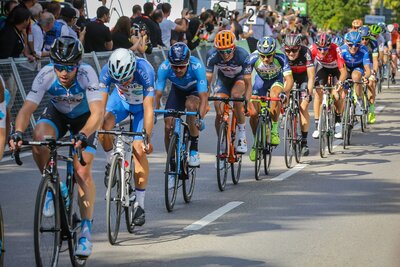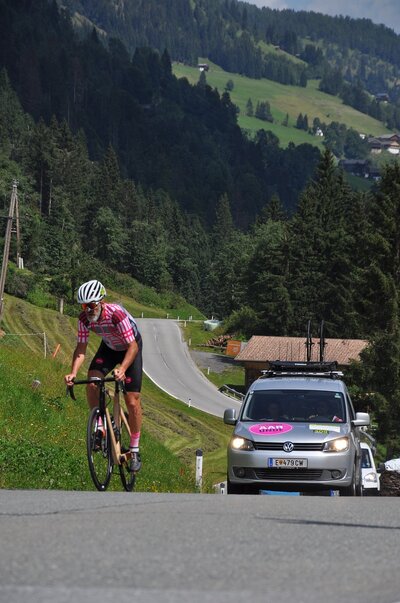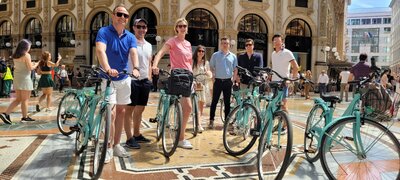10 recommendations on World Bicycle Day
Racing cyclists are said to be lone warriors. But that is nonsense. You can train alone, but you can only win a race as part of a team. The same applies to consultants. They are said to be egoistic lone warriors who only have their career in mind. Here, too, the opposite is true. In an agile and increasingly complex world, a project can only be brought to success through pronounced teamwork.
Is this coincidence? No, there are many parallels between this fascinating sport and management consulting. However, cycling can look back on a tradition of more than 150 years, whereas management consulting is just 50 years old. So, what can the less experienced learn from the more experienced?
1. Be honest with yourself
Every athlete has goals. And it's human nature to overestimate oneself at times. But anyone who has ever started a cycling marathon and wasn't really fit or carried a few kilos too much knows that this is not a good idea. The competition becomes a torture – not to mention a victory. Racing cyclists therefore always orient their sporting goals to their true fitness condition.
Some consultants act differently and occasionally take on projects in areas where they do not have the necessary expertise. The consequences are predictable: Stressed team members, not always convincing results, and possibly dissatisfied customers combined with reputational damage.
2. Train, train, train
Racing cycling is extremely training intensive. Professionals ride between 30.000 and 40.000 km a year – and only a small part of that in races. Even in the hobby sector, training is essential. Training is time-consuming, exhausting and not always exciting. Nevertheless, it's a must if you want to get better. Every racing cyclist knows that.
Not so many consultants. They are practically always in a race (in a project) and systematically underestimate the training aspect (integration, development, project documentation, know-how management, etc.). That is why only very few (those who have recognized this) manage to grow permanently.
3. Never start without race tactics
Whether you're a professional racing team or hobby rider, you can't do it without race tactics. For example, in the big round trips, it's a question of whether you`re racing for classification or for stage wins, whereas for the hobby rider it`s more a question of clever race planning (Where can you make up time? Where is it better to save energy? Where should you join a group? etc.). Of course, you can also start without tactics, but then you will not win.
Since many consultants are always in the race (see 2), they often lack the time to prepare the next race well and start the next project without a clear project approach. The consequences are manifold. One is the overtime caused by the unclear project approach. Yet these overtime hours would be easily avoidable if consultants would act like racing cyclists.



